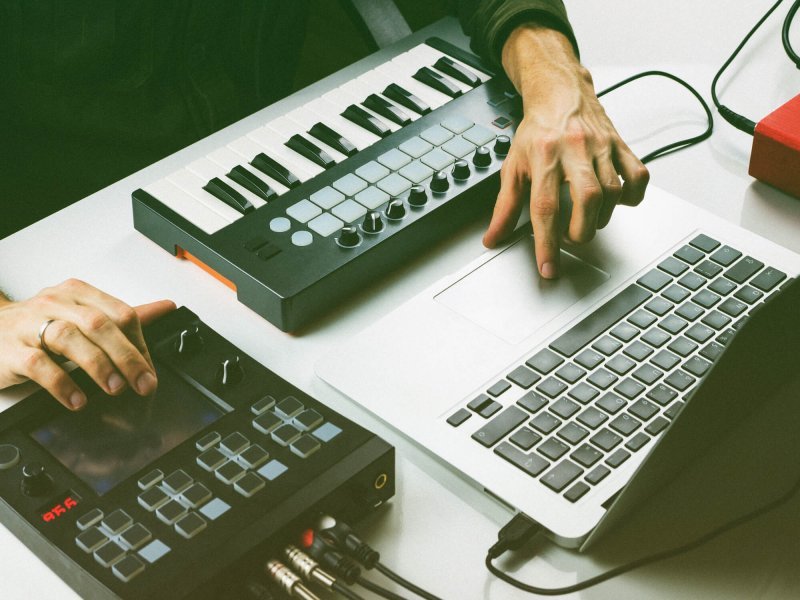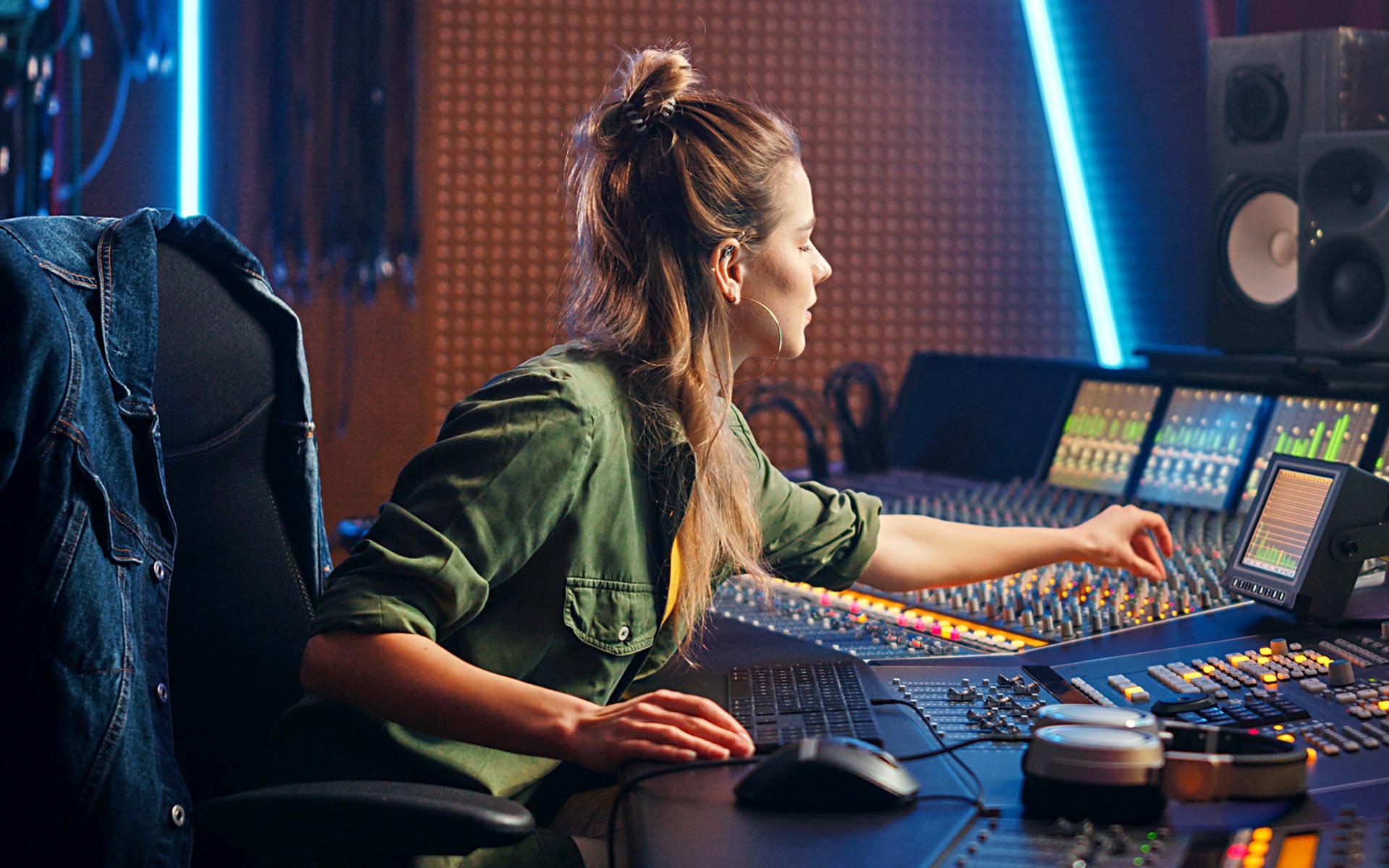Embarking on Your Musical Journey: How to Start Producing Music
Introduction
Music production is a creative and rewarding endeavor that allows you to express your musical ideas and share them with the world. Whether you're a complete beginner or have some musical experience, this blog post will guide you through the essential steps to start producing music. Let's embark on your musical journey together.
Step 1: Define Your Musical Goals
Before you dive into music production, take a moment to define your musical goals. What kind of music do you want to create? What inspires you? Are you interested in producing electronic beats, recording live instruments, or mixing and mastering tracks for others? Clarifying your goals will help you stay focused and motivated as you progress.
Step 2: Choose Your Tools
Music production requires some essential tools:
Computer: A capable computer is the heart of your music production setup. Ensure it meets the system requirements of your chosen music software.
Digital Audio Workstation (DAW): Your DAW is where you'll compose, record, and arrange your music. Popular options include Ableton Live, Logic Pro, FL Studio, and GarageBand (for Mac users).
Audio Interface: If you plan to record live instruments or vocals, an audio interface is crucial for high-quality sound capture.
MIDI Controller: A MIDI controller, such as a keyboard or pad controller, makes it easier to input musical ideas into your DAW.
Headphones or Studio Monitors: Good-quality headphones or studio monitors are essential for accurate sound monitoring and mixing.
Microphones and Instruments: Depending on your musical style, you may need microphones, instruments, or virtual instruments and sample libraries.
Step 3: Learn the Basics
Before diving into complex music production techniques, start with the basics:
Familiarize Yourself with Your DAW: Learn how to navigate your DAW, create tracks, and record audio or MIDI.
Music Theory: Basic knowledge of music theory, such as scales, chords, and song structure, will help you compose more effectively.
Sound Design: Explore synthesizers and sound design to understand how to shape and create your own sounds.
Recording Techniques: If you plan to record live instruments or vocals, learn about microphone placement and recording best practices.
Arrangement: Study the arrangement of songs in your chosen genre to understand how different parts come together.
Step 4: Create Your First Tracks
Now it's time to put your knowledge into practice:
Start Small: Begin with simple compositions. Don't be discouraged by initial challenges; producing music is a skill that improves with practice.
Experiment: Explore different musical styles and genres. Experimentation can lead to unique and exciting musical discoveries.
Collaborate: Collaborating with other musicians or producers can be a great learning experience and a source of inspiration.
Listen Critically: Pay attention to the music you love and analyze what makes it work. Apply these insights to your own productions.
Step 5: Mix and Master
Mixing and mastering are crucial stages in music production:
Mixing: Balance the levels of individual tracks, apply EQ, compression, and effects, and create a clear and cohesive mix.
Mastering: The final step involves preparing your track for distribution by applying subtle enhancements to improve overall loudness, clarity, and consistency.
Step 6: Seek Feedback and Grow
Share your music with others and seek constructive feedback. Join online communities or forums for music producers, and consider taking courses or tutorials to further develop your skills. Don't be discouraged by setbacks; every challenge is an opportunity to learn and improve.
Conclusion
Starting your music production journey can be both exciting and fulfilling. Remember that progress takes time and dedication. Embrace each step of the process, from learning the basics to crafting your own unique sound. With passion, patience, and perseverance, you can unlock your creativity and produce music that resonates with others. So, take that first step, and let your musical journey begin!



